As being one of the Asian countries possessing a series of wonderful landscapes and romantic sceneries, Vietnam is also well known for its stunning natural and artificial wonders, which are recognized by UNESCO. Apart from natural wonders as Halong Bay and the natural heritage of Phong Nha Ke Bang National Park, many Vietnam wonders in the ground are regarded as second-to-none sites that appealing travelers. The six following wonders in Vietnam will show you for more details.
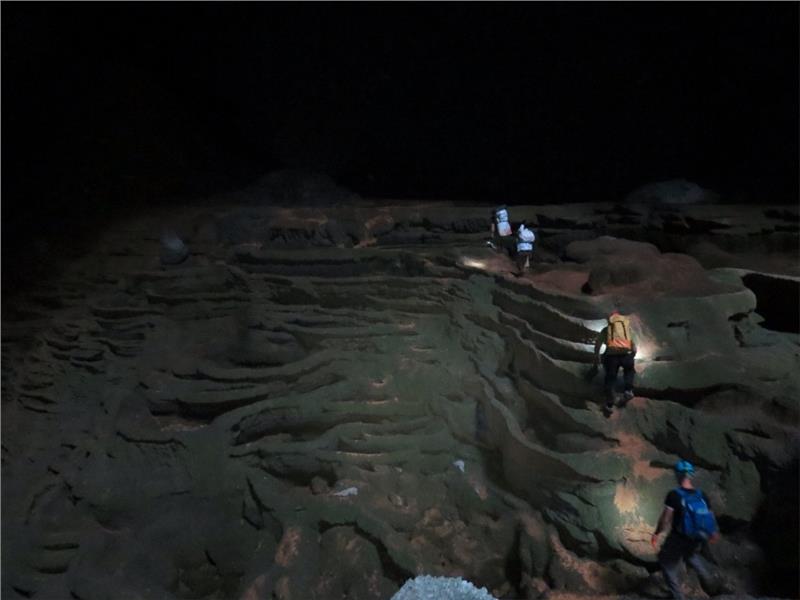
Son Doong Cave is situated in phong nha ke bang National Park. It is a huge cave formed from about 2 to 5 million years ago. For a long time ago, river waters flow through limestone, causing erosion and forming a large ground tunnel with soft rocks having a part of the ceiling collapsed to create holes, which gradually formed the spectacular dome caverns. The cave is estimated to be 150 m wide and at least 5 km long with ceiling height of 200 m. Explorers cannot even go to the end of the cave, and precisely measure the exact figures. Yet, it is believed that Son Doong Cave’s largest area can occupy a 40-story building of Manhattan city. Apart from high and beautiful with impressive and sparkling stalactites and stalagmites, a dense underground series of caves, rivers and waterfalls makes visitors feel like being in “Journey to the center of the Earth”.
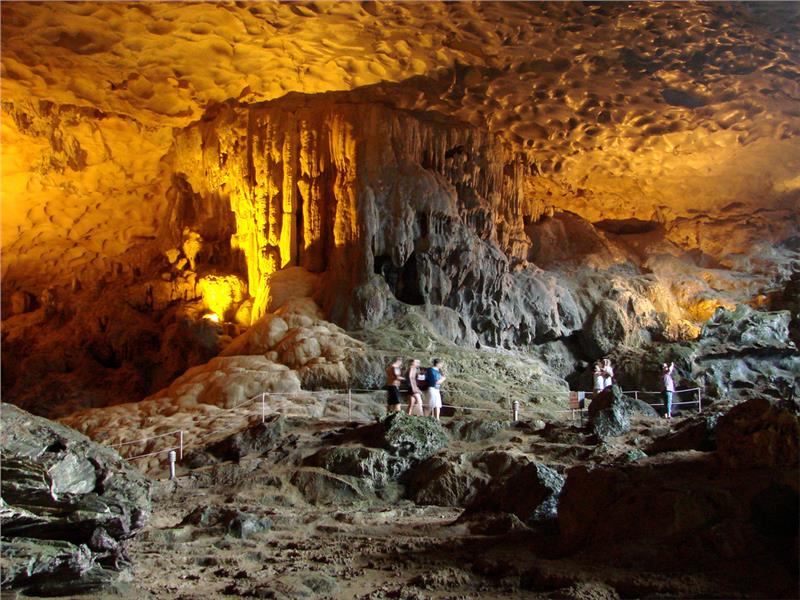
As one of the most striking attractions in Vietnam, Halong Bay, a natural heritage site, is famous for its wonderful limestone caves. Among those spectacular caves in the bay, Sung Sot Cave (Surprising Cave) is the most beautiful and largest cave here. The gate of Sung Sot Cave is 25 meters above sea level, and is covered by the dense green foliage. Entering the cave step by step, travelers are often overwhelmed like standing in a huge theater with an area of 12,200 sq. meters. Sung Sot Cave is divided into two large compartments with lots of stalagmites and stalactites lit by fluorescent colors of rainbow. The ceiling of the cave is covered with beams of natural light. Up to the highest peak of the cave, you will be astonished at the charming scenery of diverse floral and fauna, and clear water of lake.
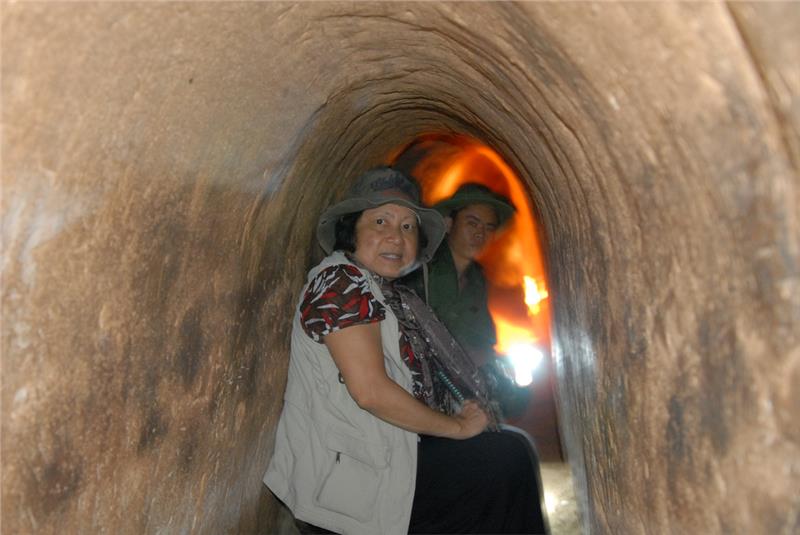
This work played an important part in the period of Vietnam War in 1960s. Cu Chi Tunnels is not simply an underground tunnel system, but also a historic landmark. It looks like a complicated maze existing under Cu Chi ground, or a town with a strong vitality. In the tunnel, there are areas for living, meeting, and fighting with a total length of over 200 kilometers in the ground stretching to border between Vietnam and Cambodia. Interestingly, there was no support of machines in constructing this tunnel, with simple tools as hoes and spades for exception. It is an important work of Vietnamese soldiers in 30-year fierce resistance to regain independence. Inside the tunnel, there are 3-story hospital, separate areas for daily activities, military area, and weapon storage area. Today, the two parts of Ben Dinh and Ben Duoc are open for tourists. In the tunnel, tourists have chances to experience life in underground tunnels as the residents in the past.
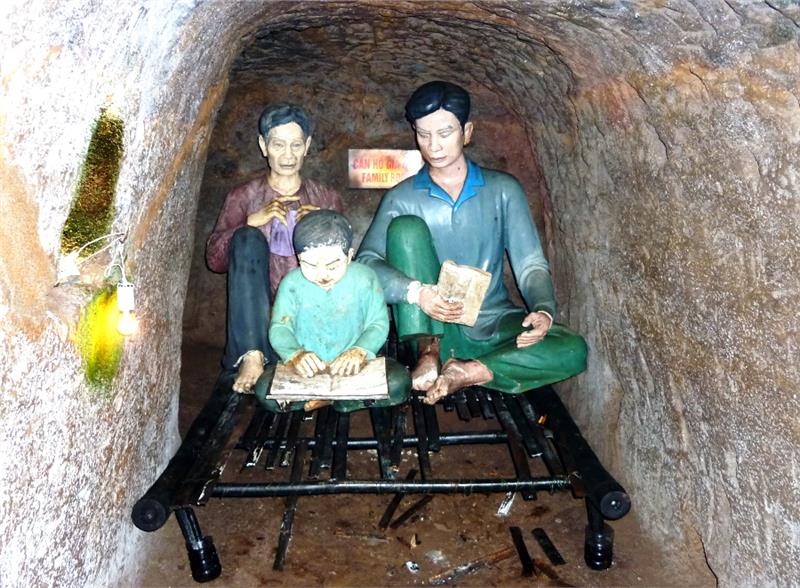
This 2-kilometer tunnels system is just as a small part of the Cu Chi Tunnels, but it is a monument featuring the beauty of history and human power. The old Vinh Moc used to be surrounded with American troops, so the local people created an underground house for shelter. Vinh Moc Tunnels is a place where supplies of food and weapons to the Con Co (Co Island), an important outpost in the war against America, took place. It took 18 months to finish the 3-floor tunnels, with the deepest floor of about 23 meters.
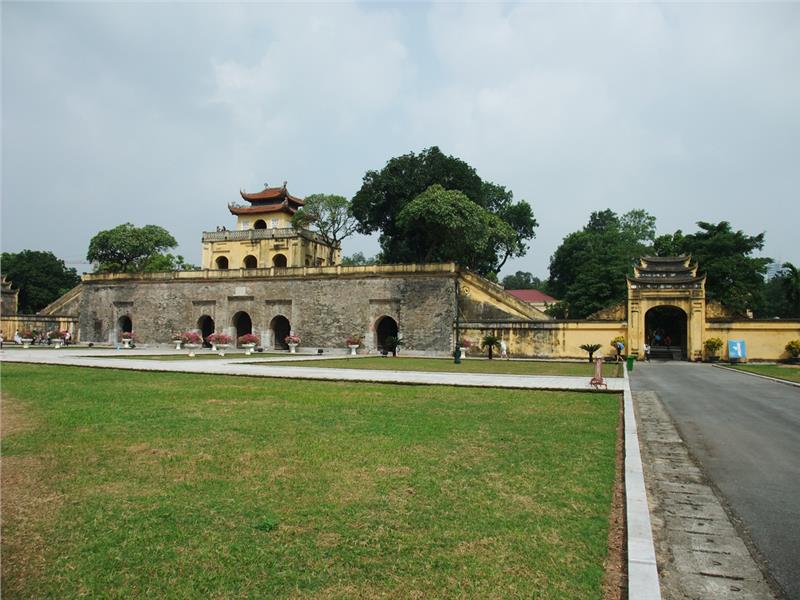
Entering the excavated area in the Imperial Citadel of Thang Long, most people feel like this is not the place to come. This large excavated area has unearthed a complex relic which has extremely rich and various artifacts of the 7th century to the 19th century. The architectural monuments excavated have foundations, walls, tiled roads, drainage system, and wells, etc. Many artifacts such as bricks, ceramic, tiles, jewelries, and even animal bones and large shells were used to pave courtyard. The relic shows that Imperial Citadel of Thang Long is still preserved in the ground so far.
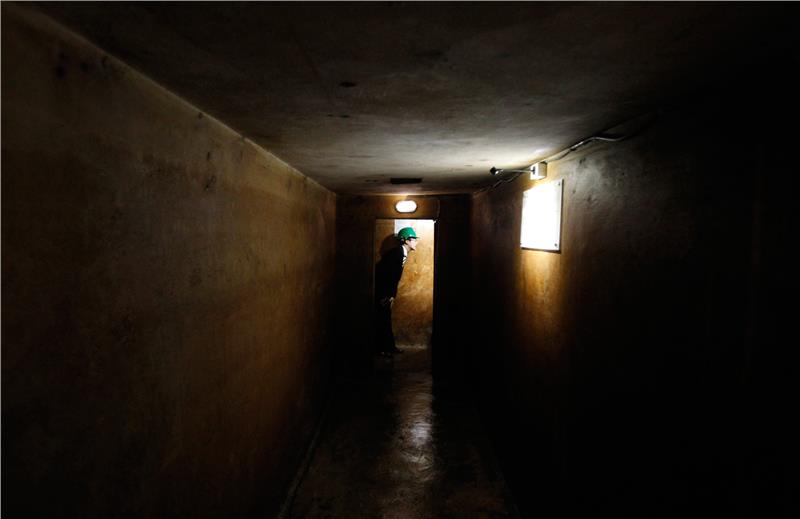
In August 2011 when Bar Bamboo was being constructed, the shelter, which was ignored for a long time in this hotel, was discovered. This shelter has an area of 40 sq. meters with five rooms and two small lobbies remaining its appearance. It is said that Joan Baez, an American singer used to perform here in 1972. Beside the shelter, Sofitel Legend Metropole arranges a display area of 110-year hotel’s history along the 18-meter lobby, including 13 pictures recording the development of the hotel since its early days.
